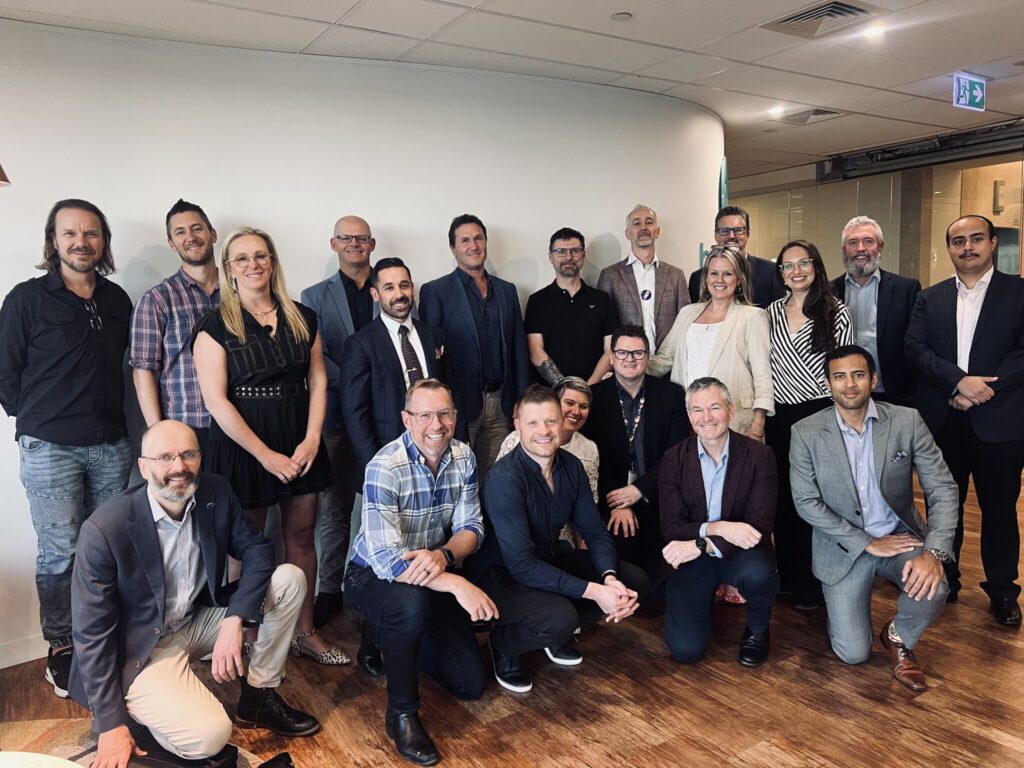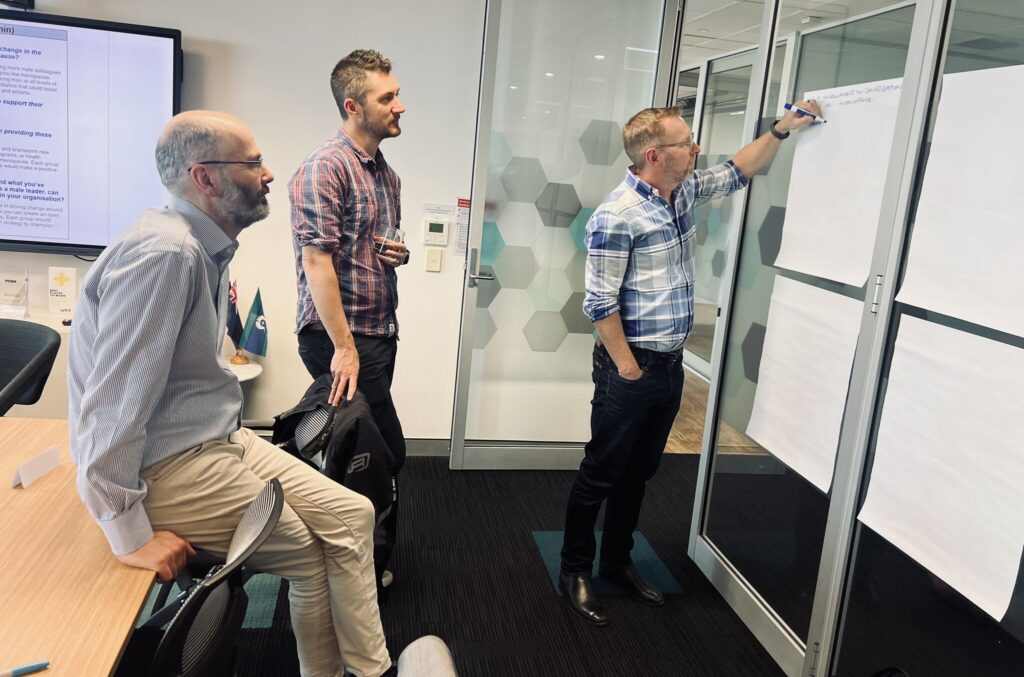
Menopause has been on the tip of many women’s tongues recently. There’s been a Senate Inquiry, we’ve seen celebrities proudly walk the red carpet into “the change” (and spruik a plethora of questionable products), we’ve seen hot flushes celebrated on mainstream TV and even sitcoms purely about the topic. It’s been a lot. But let’s face it, mainly driven by women.
There’s also been a huge focus on breaking stigma, normalising the conversation, bringing equality to women’s health, closing the gender pay gap, the list goes on. However, what many people fail to realise, is that as much as we want to think we can make a true difference, women will not be the catalyst for change.
It’s a fact that men still hold the majority of senior leadership roles, are the majority of policy decision makers and annoyingly still do call the shots on everything from healthcare to product development and investment in said products and services! It might feel against the grain for many women who are coming to terms with the patriarchal medical system that got us here but we actually can’t do this without them.
In what was an Australian first, Metluma leant in to the need for collaboration and brought together a group of 20 willing senior male leaders across a range of industries.

This session, moderated by Luke Cook from Cuppa in partnership with Thriving Workplaces , was an eye-opener, as many acknowledged their initial lack of awareness about the realities of perimenopause and menopause, and the critical need for systemic support. Thanks to the transformative insights of Dr. Nicole Avard and Georgie Drury from Metluma, these leaders gained a deep understanding of the physical, emotional, and psychological challenges women face – and why workplaces must step up.
Three key themes drove the conversation with a commitment from each person to take action within their own workplace:
- Acknowledgement and awareness
- Allyship
- Action
One of the attendees, Jason said “I got involved with menopause as it was becoming clear to me that there was a gap in the workplace offering and it was an area that more and more people were asking for more information about. I began to investigate it in more depth and through talking with experts in the field it became really clear that there was not only a gap in workplaces around support, but that lack of support also impacted the business. I’ve come to appreciate that it’s hard to find information, that there’s a lack of understanding about menopause and that people in workplaces are hesitant to talk about it.”
If you’re interested in running a male focused session in your workplace, please get in touch.